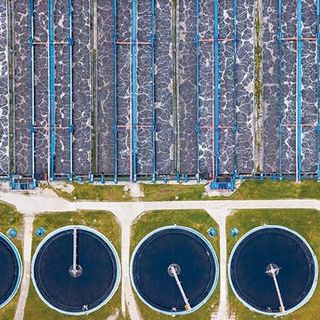Last month, the WHO issued a set of guidelines to help countries maintain healthcare during lockdown, categorizing “reproductive health services including care during pregnancy and childbirth” as essential. However, the organization did not explicitly mention abortion and related services in these guidelines, giving rise to concerns about the lack of access leading to unwanted pregnancies and, subsequently, unsafe abortions with potential fatalities. Speaking to the media last week, the WHO clarified this point, deeming abortion an essential healthcare service during the Covid19 pandemic.
“Sexual and reproductive health care is integral to universal health coverage and achieving the right to health. This includes contraception, quality health care during and after pregnancy and childbirth, and safe abortion to the full extent of the law,” WHO told Daily Caller News Foundation last week. The United Nations Population Fund’s brief last month on sexual and reproductive health and rights during the pandemic also echoes the same sentiments.
The WHO added, “Women’s choices and rights to sexual and reproductive health care should be respected, irrespective of whether or not she has a suspected or confirmed Covid19 infection.” This statement can be used to counter any potential stigma-induced denial of the service for Covid19 patients.
Related on The Swaddle:
Why Is Covid19 Killing More Men Than Women?
Time is a crucial element in abortions — not only owing to the gestational period within which a woman can legally get an abortion, but also because of the risks a later stage pregnancy can pose to the patient’s life. “It’s clear the majority of abortions are done in the first trimester, which makes them extremely safe. As countries go into lockdown or mobility is reduced, women will have to wait longer and the procedure becomes more complex,” Simon Cooke, CEO of Marie Stopes International, an international NGO that provides contraception and safe abortion services, told The Guardian. These fears are hardly unfounded. Following the Ebola outbreak in 2014, maternal mortality rates in Liberia, Guinea, and Sierra Leone soared due to quarantine restrictions that resulted in lack of access to healthcare.
In the US, the Center for Reproductive Rights filed lawsuits against five states for banning abortions in the wake of the pandemic. Last week, Human Rights Watch issued a statement requesting European governments to find ways to help women access abortion services during the lockdown. In India too, doctors and NGOs are worried about the decreased availability of condoms and oral contraceptives coupled with reduced access to abortion services, which are leaving women to resort to unsafe methods of terminating pregnancies.
“We think the collateral damage of the epidemic is higher than the damage caused by the epidemic itself,” Séverine Caluwaerts, a gynaecologist at the Institute of Tropical Medicine in Antwerp, had said about the lack of reproductive healthcare during the Ebola outbreak.




